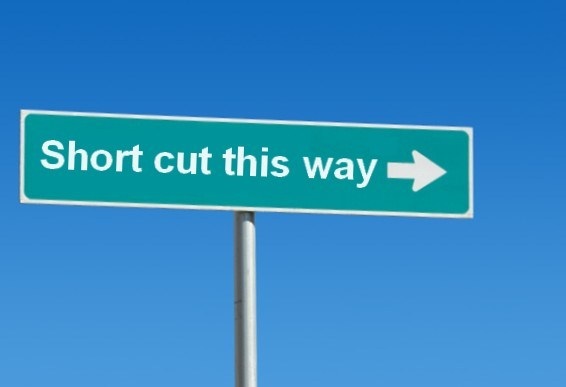By: Shiraz Cohen Grad
When Amy Cuddy was teaching at the Harvard Business School, she noticed a disturbing pattern; her female students were continuously scoring lower grades than her male students. Being an acclaimed social psychologist, she suspected something other than objective cognitive or verbal abilities were causing this gender academic gap. The final grade in her class was determined by 2 factors: test score and participation. There was no difference in the average test scores between the male or female students, but the male students got a higher grade for participating in the classroom. The root cause for this difference stems from none other than body language. Male students sit and raise their hands in a more confident, noticeable way which is called a power position. A person demonstrates power when his body is expanded and stretched out. Now, think of the way powerful, dominant people sit, stand, and use hand gestures. The female students generally sit with crossed arms and legs and raise their fingers to participate in a smaller, almost shrinking gesture. Because of these tendencies, they are less noticeable, take a smaller part in discussions, and score lower grades.
Reading about this unbelievable example reminded me of a line from Madonna’s song “what it feels like for a girl”. The line says: “could you be a little less”, and these 6 words depict both the body language and the unfulfilled potential that women have to adopt many times.
The realization we must come to is that we all have a perceived status, a reputation that enters the room and opens its mouth long before we do. For some people, that status comes from the fact that they are senior managers, belong to a certain culture or any other title. For women, our gender comes with various biases and perceptions that people attribute to our performance, abilities etc. The danger is in the fact that we might believe and implement these perceptions and limit ourselves. Once we become aware of that bias, we can look it in the eye and untangle those ties – first by identifying our goals, and second by acting, speaking out and thinking without constraints.
Empowerment isn’t about doing everything men do; it’s about having the right to choose whatever you want and having an equal chance to get it. So let’s set our goals, as big or as little as we please, and let’s pay attention to our body language; to the way we manifest ourselves in a given space. Let’s stop shrinking, physically and metaphorically. We CAN be (a little) more. Hopefully, someone will write a song about that.








Excellent post. I was checking constantly this blog and I’m impressed!
Very useful info specifically the last part
🙂 I care for such information much. I was seeking this certain information for a long time.
Thank you and good luck.
you are in reality a excellent webmaster.
The website loading velocity is amazing. It kind
of feels that you are doing any distinctive trick.
Also, The contents are masterpiece. you have performed a excellent job on this topic!
I think this is among the most significant info for me. And i am glad reading your article. But want to remark on few general things, The site style is ideal, the articles is really excellent : D. Good job, cheers|
Write more, thats all I have to say. Literally, it seems as though you relied on the video to make your point. You obviously know what youre talking about, why throw away your intelligence on just posting videos to your weblog when you could be giving us something enlightening to read?
I’d have to verify with you here. Which isn’t something I normally do! I enjoy reading a put up that can make individuals think. Additionally, thanks for permitting me to remark!
I like what you guys are up also. Such smart work and reporting! Keep up the excellent works guys I’ve incorporated you guys to my blogroll. I think it’ll improve the value of my web site 🙂
Thanks so much for the article.Really looking forward to read more.
Good web site you have here.. It’s hard to find quality writing like yours these days. I seriously appreciate people like you! Take care!!|
Very descriptive article, I enjoyed that a lot.
Will there be a part 2?
I believe this really is one of the most significant information for me personally.
And i am satisfied studying your article. But wanna statement on few common things, The web
site taste is perfect, the articles is truly excellent :
D. Excellent task, cheers